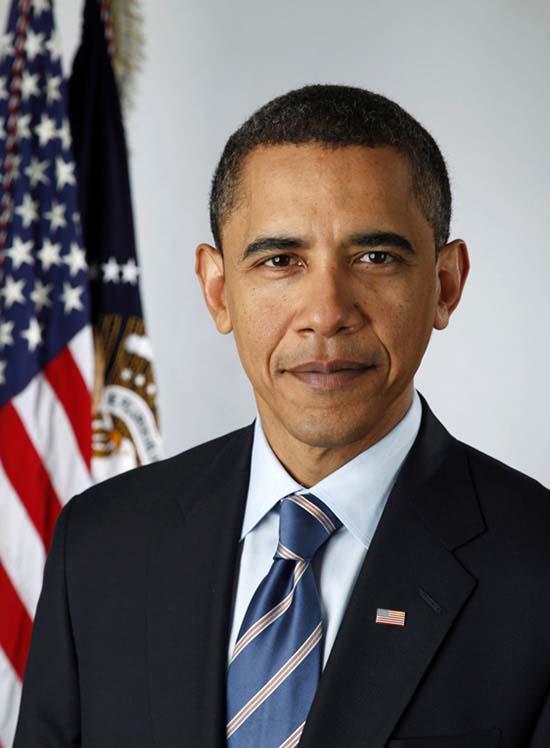Barack Obama’s election can be seen as the confluence of a charismatic candidate and a country in crisis. That’s the conclusion of an astute analysis just published in The Leadership Quarterly, which also includes some strategic suggestions for the new president.
In their paper, two California scholars — Michelle Bligh of the School of Behavioral and Organizational Sciences at Claremont Graduate University and Jeffrey Kohles of the College of Business Administration at California State University, San Marcos — dissect the election through the prism of charismatic leadership theory. While they concede their approach is only one of many, and that a variety of factors contributed to the election results, they persuasively argue that Obama’s personal appeal was perfectly aligned with the psychological needs of a frightened electorate.
Obama’s charisma is rooted in his outstanding oratorical skills, combined with his ability to distill complex ideas into simple messages with direct emotional appeal. According to Bligh and Kohles, these qualities were enhanced by the campaign through the use of “visual symbols, props, music and lighting,” including the much-mocked faux-Greek columns that served as the backdrop of his convention speech.

“These details demonstrate a nearly textbook application of charismatic leadership theory,” they write, noting the campaign’s skillful utilization of three tried and true elements: “(1) the use of voice, inflection, pauses and gestures to increase the intensity and emotional meaning of their message; (2) the use of visionary rhetoric laden with analogies, repetition, metaphors and stories; and (3) a situational backdrop rich with visual symbols.”
While this combination can be powerfully effective on its own, Bligh and Kohles argue that its appeal grew enormously in mid-September, with the onset of the economic crisis. They point out that previous research has found that charismatic figures are more likely to be elected president during threatening times, citing Franklin Roosevelt as an example.
“Accepting a leader’s interpretation of a crisis and believing in his or her ability to deal with problems relieves followers of the psychological stress and loss of control created in the aftermath of a crisis,” they write. “In this context, charismatic leadership can be viewed as a collective coping mechanism in which anxious followers socially construct and project qualities on a person to help allay their fears.”
In other words, in times of great anxiety, we feel a deep-seated need to find a leader we can believe in. Thus the near-collapse of the economy “provided some of the crucial fuel and oxygen to ignite the spark of Obama’s charisma and help propel him to the White House,” the researchers conclude.
Obama may be able to parlay his personal magnetism into a successful presidency, but he’ll have a “relatively small window in which to act decisively to validate his vision,” according to Bligh and Kohles. “Both prior research and historical record suggest that charismatic appeal is often short-lived.”
The scholars conclude their paper with four suggestions for the new president: He should (1) act quickly and decisively to achieve some short-term victories, buying him time to pursue his long-range plans; (2) Instill “a sense of inclusiveness” in which many subgroups of the population “see their own identities and values are adequately reflected in the top levels of his administration;” (3) “cultivate dissenting points of view” to avoid the temptation of turning autocratic; and (4) pursue a pragmatic course of action, one guided by “an in-depth understanding” of the entrenched systems he is attempting to change.
“Due to their often-powerful appeal and nonconventional visions for the future, charismatic leaders are often extremely divisive figures who create bitter enemies as well as devoted followers,” Bligh and Kohles write. They argue that, to avoid the kind of political polarization that could make implementing change extremely difficult, “it is critical for Obama to sustain his image” as a leader who can integrate good ideas from a variety of sources across the political spectrum.
Charisma, it seems, can get you elected, but it’s a savvy combination of pragmatism and idealism that makes for a successful presidency.
Sign up for our free e-newsletter.
Are you on Facebook? Become our fan.


